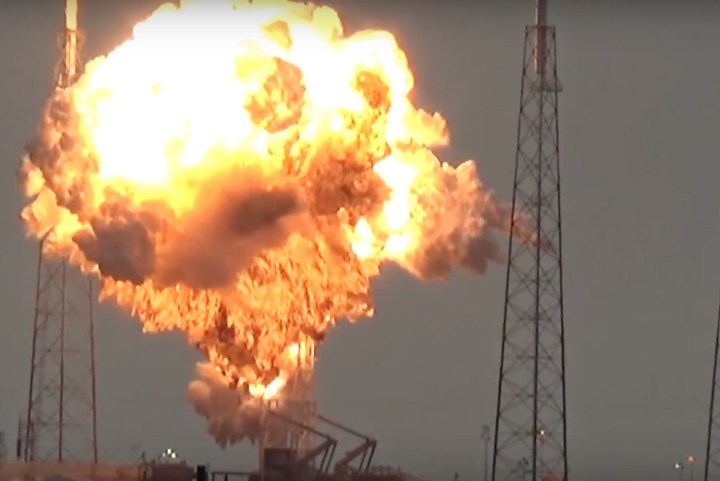
No one was hurt in the incident, but the rocket was completely destroyed, taking with it a $200-million Israeli satellite that was lined up to be used by Facebook as part of its ongoing work to bring internet connectivity to remote parts of the world.
Tory Bruno, CEO of SpaceX competitor United Launch Alliance (ULA), told Reuters that following such a large-scale incident, it “typically takes nine to twelve months … to return to flight,” adding, “That’s what the history is.”
The CEO said it can take considerable time to work out the cause of such an accident, and that when you do discover what went wrong you then have the challenge of getting the technology in place to make sure it doesn’t happen again.
SpaceX was out of action for six months last year following the loss of a Falcon 9 rocket just minutes after launch, while VirginGalactic, which suffered a tragedy two years ago in which a spaceplane crash killed one of its pilots, has only just taken to the skies again.
Shortly after last week’s explosion, which occurred on September 1, SpaceX CEO Elon Musk tweeted: “Loss of Falcon vehicle today during propellant fill operation. Originated around upper stage oxygen tank. Cause still unknown. More soon.” But since then the SpaceX boss has remained uncharacteristically silent on the microblogging site, posting nothing since – not even the occasional retweet. SpaceX’s Twitter feed has also remained silent.
Despite the two companies going after the same business – namely contracts involving private space missions and launches by American government agencies – Bruno told Reuters he contacted SpaceX president Gwynne Shotwell last week to offer assistance.
“It’s a small community and issues especially around safety – but even mission success – kind of transcend the competitive piece of this,” the ULA boss said.
Spacecom, whose Amos-6 satellite perished in last week’s blast, has said it may ask SpaceX to pay it $50 million for its loss. In addition, the company said it’d want to see “several safe flights” by Musk’s space company before deciding whether to use the company’s launch facilities again.


